The scenes of helpless migrant workers and the destitute putting themselves and their families at risk of the coronavirus, by walking back to their native lands in the aftermath of the nation-wide lockdown, were unfortunate and brutal. With strict impositions, they were rendered penniless and even begging was not an option, as the streets were deserted.
According to an IndiaSpend report, 60 per cent of India’s 1.77 million homeless were provided lockdown relief between 9 March and 3 May 2020. This included food, water, regular health check ups and makeshift tents or camps. The rest were left to fend for themselves.
Kerala was one of the 14 states to take action and the Kozhikode district immediately rose to the occasion to implement a successful rehabilitation model. In a laudable move, District Collector S Seeram Sambasiva Rao set up the Udayam Charitable Society to establish and run four shelter homes in East Hill, Mankavu, Vellimadukunnu and Chevayur.
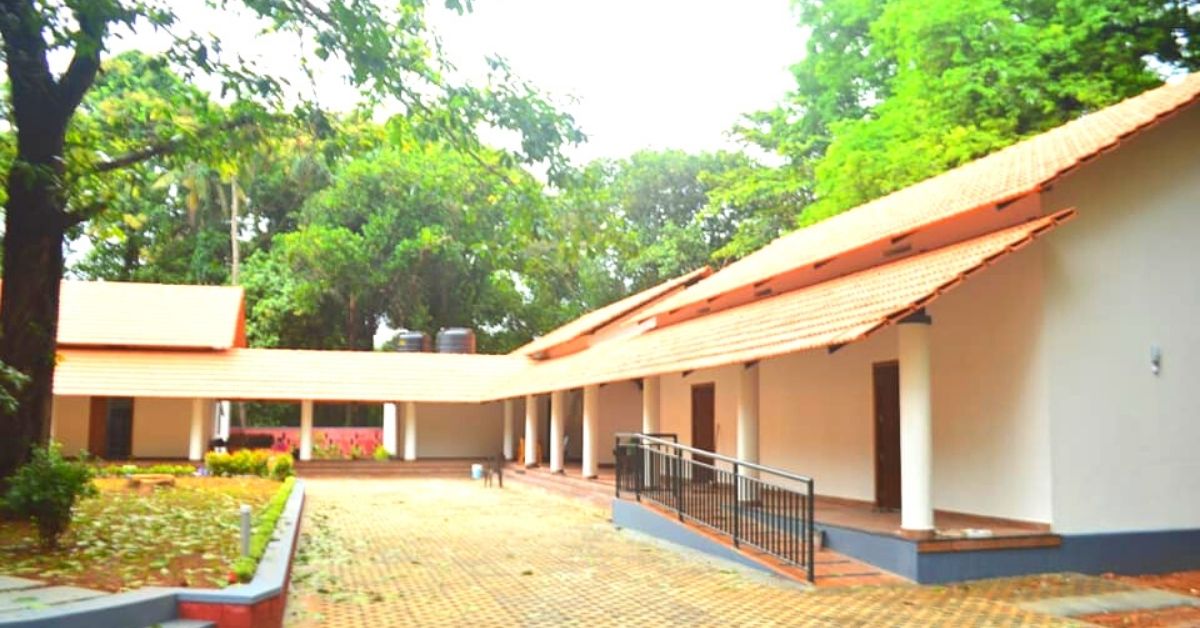
Close to 1,500 homeless were taken off the streets and transferred to the homes in the last 18 months. Additionally, the district administration also took the responsibility of reuniting the homeless with their families, giving them skill training and employment opportunities.
‘Nammude Kozhikode’
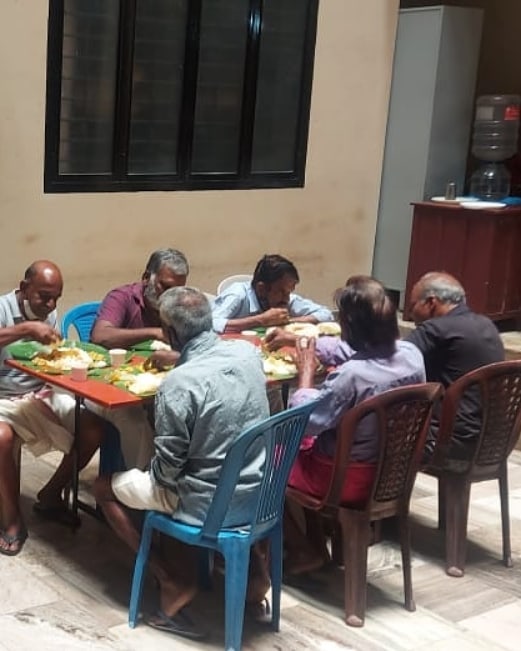
Two years ago when Seeram, a 2012-batch IAS officer was posted in the district, one of his goals was to provide shelter homes to the street dwellers under the state’s ‘Nammude Kozhikode’ project for development.
“Way before COVID-19 hit India, we conducted multiple visits at railway stations, bus stands, public parks and more to analyse the situation of the homeless. Majority of them were migrant workers from North India who were working as wage labourers and domestic help. We told them about giving them a shelter home but they refused. It was hard for them to believe that the government was going to take efforts for them. After that attempt failed, during the lockdown we got another opportunity, and this time the situation was different,” Seeram tells The Better India.
He says that it was more crucial to rehabilitate them quickly as they were at a higher risk of contracting the virus and some already suffered from other illnesses. “Comorbidities could worsen these cases. While on the surface they had health risks, we had to also take into account the psycho-social implications of being alone and jobless in an unfamiliar region,” he says.
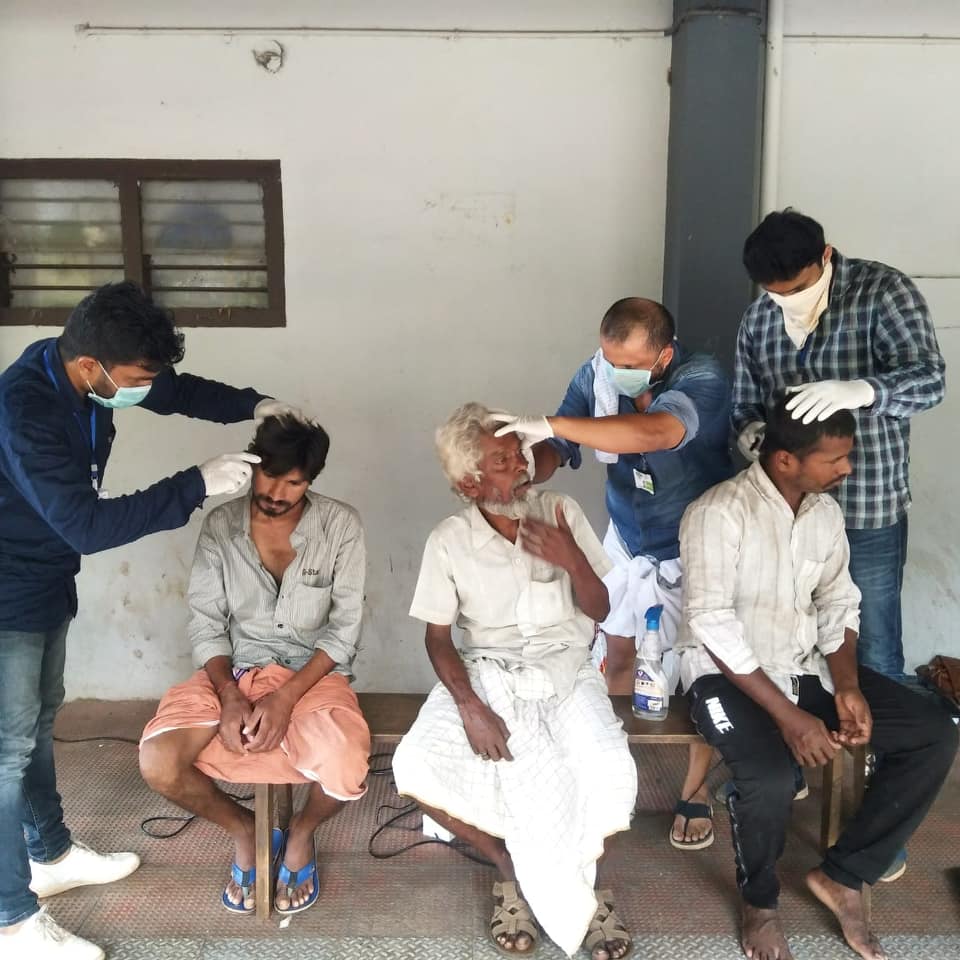
The first step was to send back as many people as possible to their villages and the remaining ones were first shifted to a makeshift camp with the help of NGOs and welfare organisations. While they stayed there for two to three months, the district administration identified shelter homes and buildings for a permanent arrangement.
Close to a 1,000 inmates were provided meals and were groomed for their well-being through hair cuts, surgeries, counselling, medical check ups, etc. The ones who did not have ID cards, were given new ones. A literacy programme, ‘Jnanodayam’ and certification exams were also conducted.
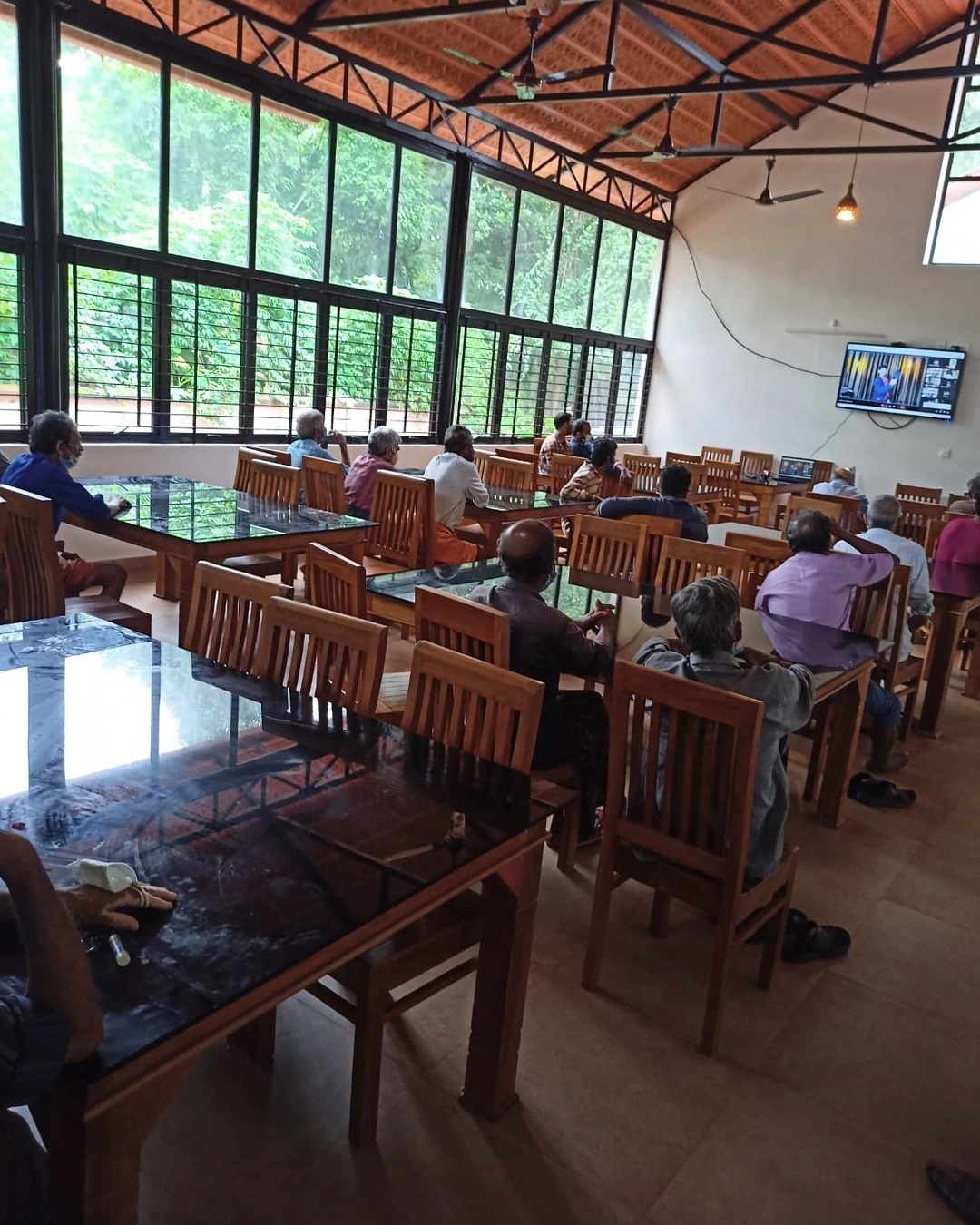
“The goal was to not just provide accommodation but also help them get their dignity and stable income back. Through skill and vocational training, more than a hundred people got jobs in restaurants, construction sites, etc. Some of them even moved out from the shelter home to an accommodation provided by their employers. If it weren’t for this initiative, the spread of coronavirus would have posed a serious challenge among the homeless,” says Rajesh, Special Coordination Officer, Udayam Charitable Society.
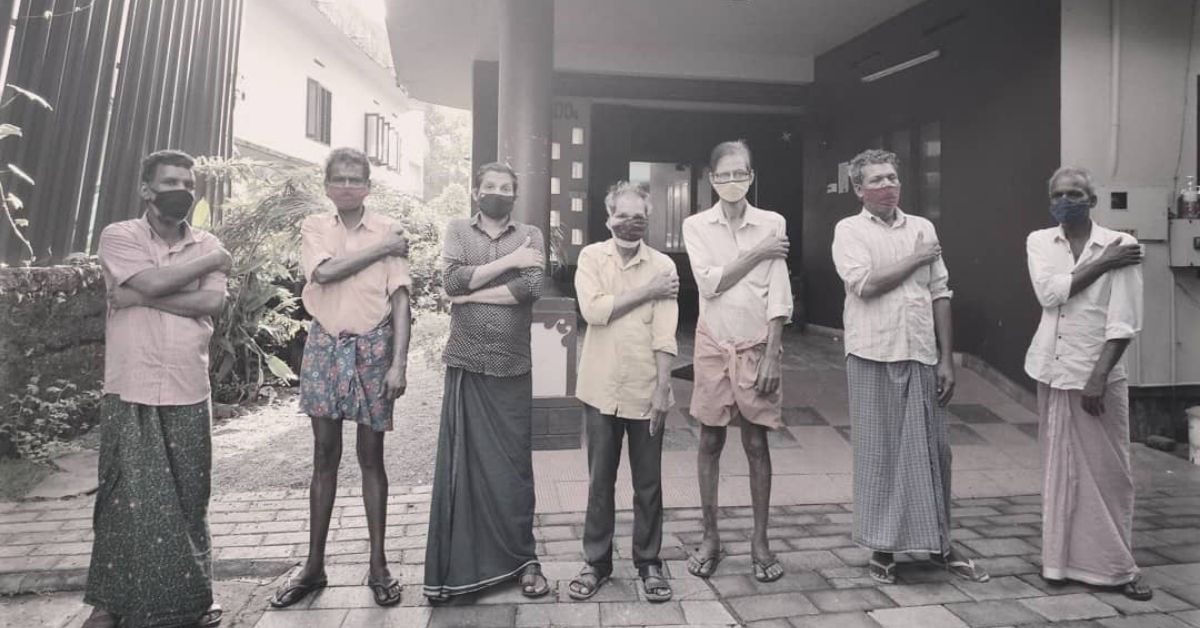
Using a combination of disaster management funds, CSR and donations, the district administration spent an average of Rs 4,000 per person for their food, medical needs and training.
To make this initiative sustainable, Seeram deliberately chose to make the district collector as the chairman of the Udayam. “I didn’t want such a noble cause to end due to the transferring process. So whoever takes the position of collector will have to continue this. Udayam is also an umbrella organisation that coordinates with different shelter homes across the district to ensure further rehabilitation of the homeless,” says Seeram who was recently transferred to Kerala fibre optic network project as the managing director.
All images are taken from Collector Kozhikode/Facebook
Edited by Yoshita Rao
No comments:
Post a Comment